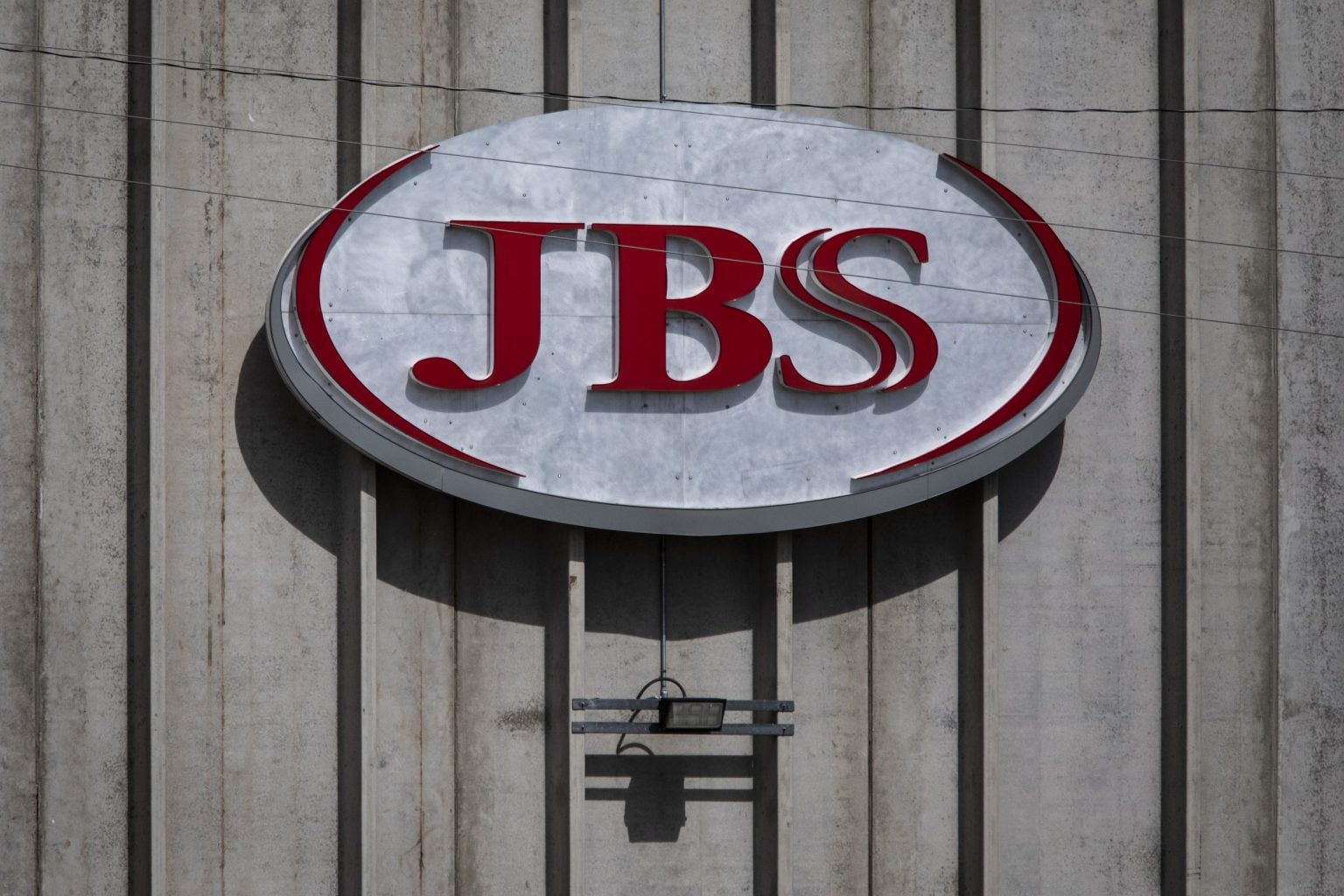Listen to the article
Brazilian meat giant JBS is facing fresh legal challenges over its climate commitments after environmental group Mighty Earth filed a lawsuit accusing the company of misleading consumers about its environmental goals.
The lawsuit, filed in the District of Columbia Superior Court, alleges that JBS USA violated the D.C. Consumer Protection Procedures Act by making deceptive claims about its plan to achieve net-zero greenhouse gas emissions by 2040. According to the complaint, the company has engaged in “material omissions” and lacks a credible roadmap to achieve these ambitious environmental targets.
“We’re challenging JBS USA’s climate claims to be ‘net zero by 2040’ as false and misleading,” said Alex Wijeratna, Mighty Earth’s senior director of investigations and law. Wijeratna emphasized that the company has failed to develop a measurable strategy to address emissions from cattle sourcing linked to deforestation and other significant supply chain impacts.
JBS, the world’s largest meat processing company with operations across multiple continents, firmly rejected the allegations in a statement. The company insisted it is making “measurable progress” toward its sustainability targets and maintains transparency through audited disclosures. “Our actions are guided by science, transparency and accountability,” JBS stated.
The lawsuit highlights a growing tension between corporate climate pledges and their practical implementation. Industry analysts note that meat production, particularly beef, is among the most carbon-intensive food sectors globally, accounting for approximately 14.5% of global greenhouse gas emissions according to the UN Food and Agriculture Organization.
This legal challenge comes at a time when JBS is already under increased regulatory scrutiny. According to Reuters, New York Attorney General Letitia James is expected to file an amended complaint in a similar case that also accuses the company of deceptive environmental marketing. The mounting legal pressure extends beyond U.S. borders, with foreign regulators reportedly examining financial instruments tied to JBS emissions targets.
The Brazilian meatpacker’s executives have previously described their net-zero target as an “aspiration” rather than a guarantee, though they have not withdrawn the public commitment. This qualification has raised questions about the company’s level of accountability for its widely publicized environmental goals.
Environmental advocates argue that the food industry, particularly large meat producers, must be held to strict standards regarding climate commitments. Deforestation in regions like the Amazon, often linked to cattle ranching that supplies companies like JBS, remains a critical concern for climate activists and increasingly for investors.
The case represents part of a broader trend of legal challenges targeting corporate environmental claims. In recent years, regulators and advocacy groups have become increasingly vigilant about “greenwashing” – when companies exaggerate or misrepresent their environmental credentials to appeal to eco-conscious consumers and investors.
For JBS, which reported nearly $70 billion in annual revenue last year, these legal challenges could potentially impact not just its reputation but also its relationships with investors and access to certain markets increasingly concerned with environmental credentials.
The meat industry as a whole faces growing pressure to address its environmental footprint as consumers become more environmentally conscious and regulatory frameworks around climate disclosures tighten globally. Several of JBS’s competitors have also announced climate initiatives, though the sector continues to grapple with the inherent challenges of reducing emissions while meeting global demand for animal protein.
As the case proceeds through the legal system, it may establish important precedents regarding how companies communicate environmental commitments and what level of specificity and evidence is required to support public claims about future sustainability goals.
Fact Checker
Verify the accuracy of this article using The Disinformation Commission analysis and real-time sources.




5 Comments
As a major commodities player, JBS will be closely watched on their sustainability efforts. This lawsuit could force them to be more transparent and proactive in addressing their climate footprint across the supply chain.
The meat industry faces huge challenges in reducing its environmental impact. While JBS’ 2040 net-zero goal is ambitious, this lawsuit suggests they have more work to do to convince stakeholders of their credibility.
I’m curious to see how this lawsuit plays out. Allegations of misleading climate claims are serious, and could set an important precedent for corporate accountability on sustainability targets.
Agreed. Companies need to be held to account if they fail to follow through on their climate commitments. Transparency and measurable progress will be key.
Interesting to see this lawsuit against JBS over their climate pledges. As a major player in the meat industry, they’ll need to demonstrate a credible plan to reduce their significant environmental footprint if they want to maintain consumer trust.